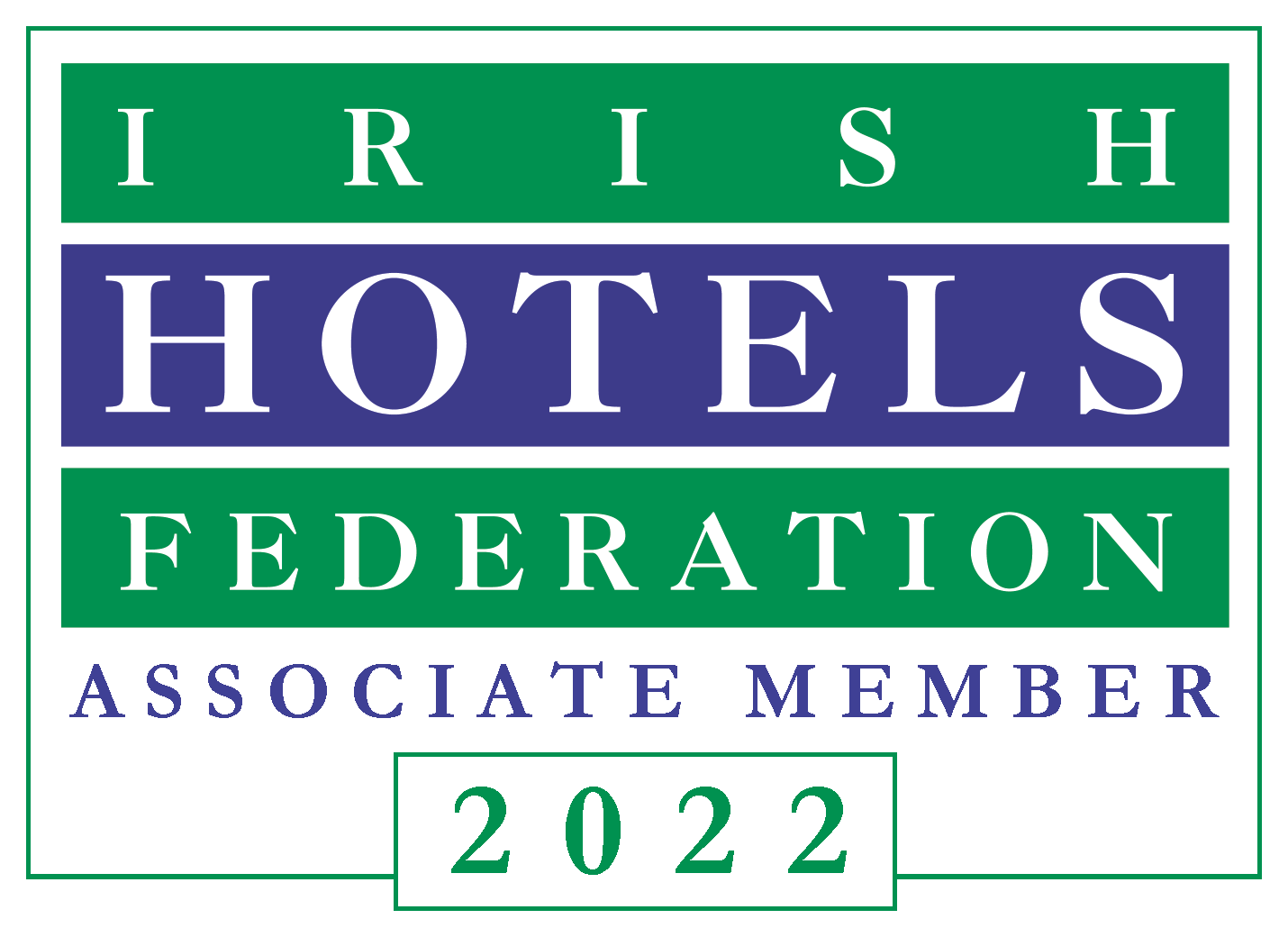Hotels
Pest Control for Hotels

Pest Control For Hotels
PestGuard’s comprehensive Pest Management Programme is the most effective way of keeping such infestations and the problems associated with pests at bay.
What is Integrated Pest Management (IPM)?
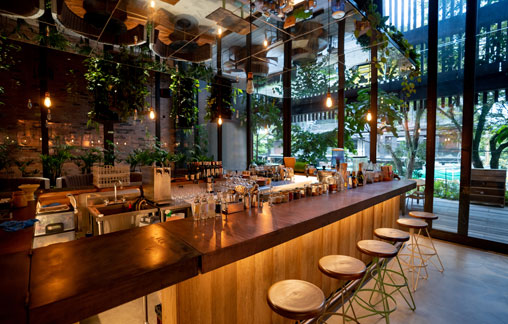
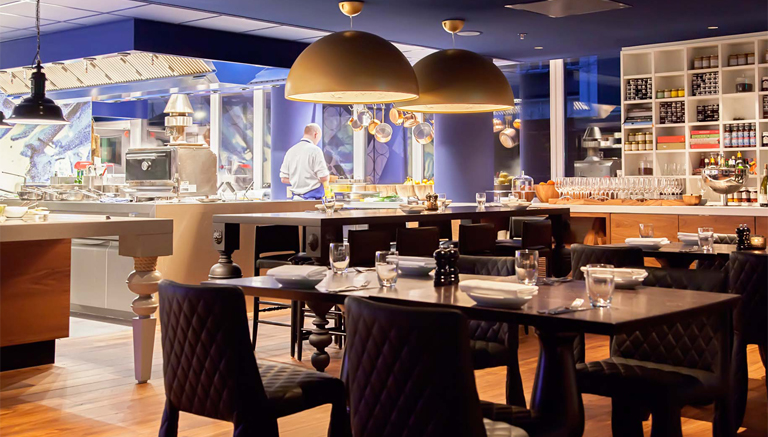
What are the benefits of using IPM in the hotel industry?
There are several factors driving the use of IPM in hotels:
- It is a very effective pest management system.
- It reduces exposure to pesticides and other chemicals potentially injurious to health.
- Customers generally prefer to stay in hotels that actively subscribe to environmental responsibility and awareness.
- A pest infestation can quickly erode into a hotels well-earned good reputation and it can take a very long time to recover from such an occurrence, particularly if the word has spread onto review sites, the press or social media.
Example of
IPM in practice
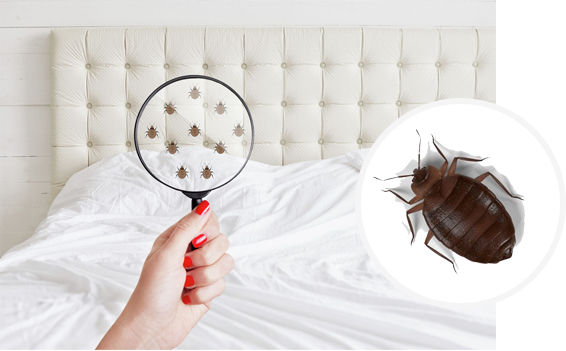
Bed Bugs
Pest prevention can be put into practice by simple measures such as general good housekeeping and cleaning, storing foods securely and having training policies and clear procedures to help identify and record pest problems. Identifying the type of pest is critically important. For example a bed bug problem will more than likely require immediate treatment.
Arriving on guests’ clothing and luggage, bed bugs are no reflection on the cleanliness of a premises, however the damage they inflict can be devastating and it is estimated that four out of five hotels deal with an incidence of bed bugs on an annual basis – requiring costly and disruptive treatment. It is the one pest problem which guests specifically identify as a likely reason for cancelling a booking. Unfortunately, it is often guests who unknowingly bring these other invited guests with them!
It is extremely important to identify bed bugs as soon as possible, providing housekeeping staff the necessary training to help with this process.
There is a range of commercial bed bug treatments which can be used to treat bed bugs. With IPM the first steps are:
A comprehensive inspection of the affected area.
Washing the bedding at a high temperature.
Using a “dedicated” vacuum for beds and other potential areas which may harbour bed bugs.
Once this is done (and if a professional treatment was also carried out) the area should be closely monitored to ensure that the pest problem has been completely eradicated.
Mice & Rats
Again IPM encourages a “preventive” approach by making hotels unattractive to rodents rather than the standard procedure of using bait and traps with toxic chemicals, some of which rodents are immune to. This can lead to the use of more and higher strength toxins.
It is important therefore to keep all potential rodent food sources securely sealed in containers including materials such as grass seed and pet food which need to be viewed in the same way as human food stuffs. Rats and mice aren’t too discerning!
Rubbish should be contained and emptied frequently. Seal any holes, repair pipes and protect drains and shores with mesh wiring or grates. Traps should be used, clearly identified and checked daily with rodenticide used as a last resort.
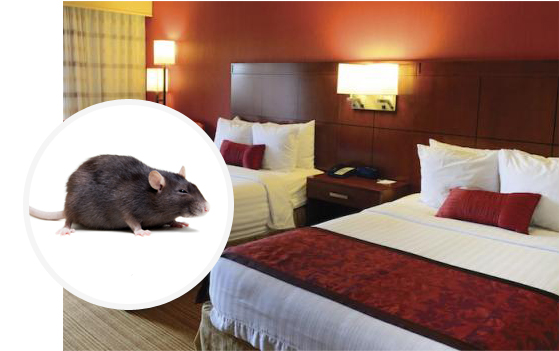
Have you got a pest problem?
Call us today on 028 7940 1261
Finding the Right Pest Management Company
There is no universal accreditation for IPM practitioners at this time, but we would advise that as a hotelier that you should quiz potential pest control companies on how they implement IPM in practice, how the communication channels are used between both parties and practical examples of IPM in practice in the hotel sector. This will allow you to make an informed decision on choosing the right contractor for the pest control management activities at your establishment.
At Elis Pest Control all service contracts include emergency call outs and follow up site inspections which are carried out as a priority. Reactive treatments are designed to eradicate any current pest problems in the quickest possible time. Elis Pest Control is a proud Associate Member of the Irish Hotel Federation.
